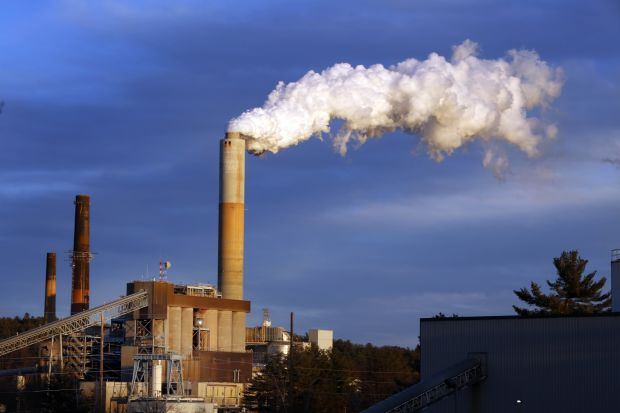
In the latest issue of the Brooklyn Rail, political scientist José A. Tapia reflects on a statement published in the Wall Street Journal a few months ago and signed by 3508 prominent economists. The statement acknowledges that climate change is a “serious problem” and calls for the implementation of a carbon tax to correct “a well-known market failure” and harness “the invisible hand of the marketplace to steer economic actors towards a low-carbon future.” Tapia notes that by the low standards of the economics profession, this is a bold statement. But he goes on to argue that the carbon-tax scheme called for here wouldn’t work in the way these economists imagine, mainly because of the effect the tax would have on that sacred measure, “economic growth.” Here’s an excerpt:
Leaving aside the merits of the proposal or the prospects that it will be implemented in the near future, it seems to me these economists are likely to be mistaken in one aspect of their statement. The economists say that a “sufficiently robust and gradually rising carbon tax” not only will replace the need for less-efficient carbon regulations but “will promote economic growth.” In my view, this is very likely, wrong. Let me explain why.
“Economic growth” refers to the growth of gross domestic product, GDP, a number that measures the aggregate economic activity in money units. Since data has been available, CO2 emissions and GDP have been strongly linked, both in each country and in the global economy. Overall emissions tend to follow GDP very closely: when GDP rises emissions are generally higher and when GDP decreases during recessions, emissions decline. Though the correlation is not absolute, the link is very strong and observable in the data of past decades for basically all countries and the world economy. There are indeed a few countries in which emissions have declined at the same time that GDP has increased, for specific reasons such as deindustrialization or nuclearization, but these nations are exceptions that prove the rule. Because of this strong link, it seems quite clear that something that shrinks emissions will also shrink GDP.
Image via Wall Street Journal.